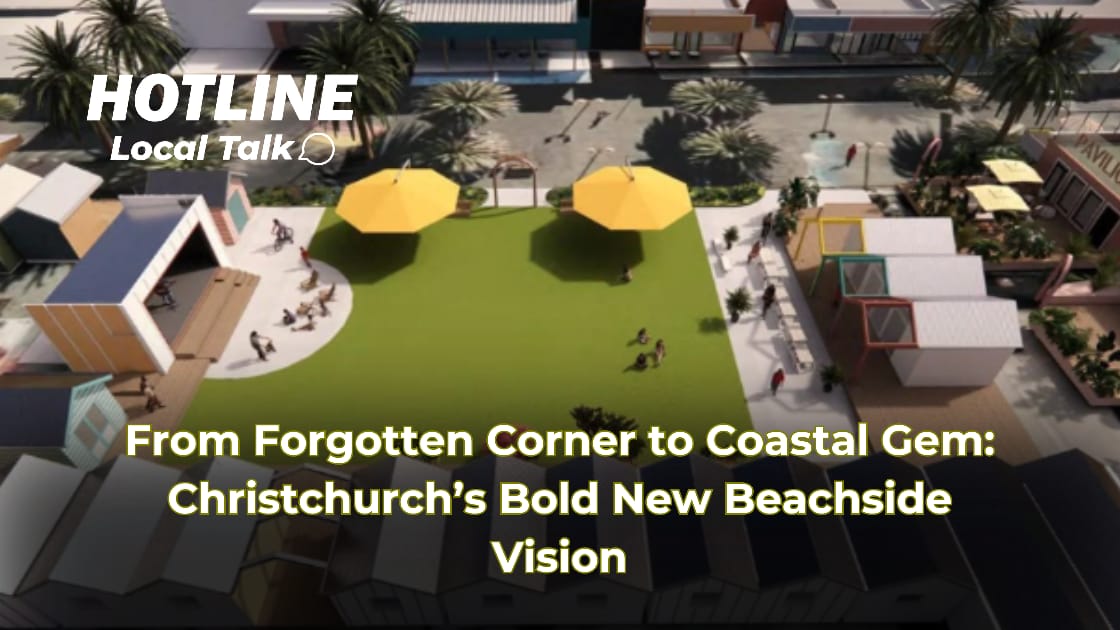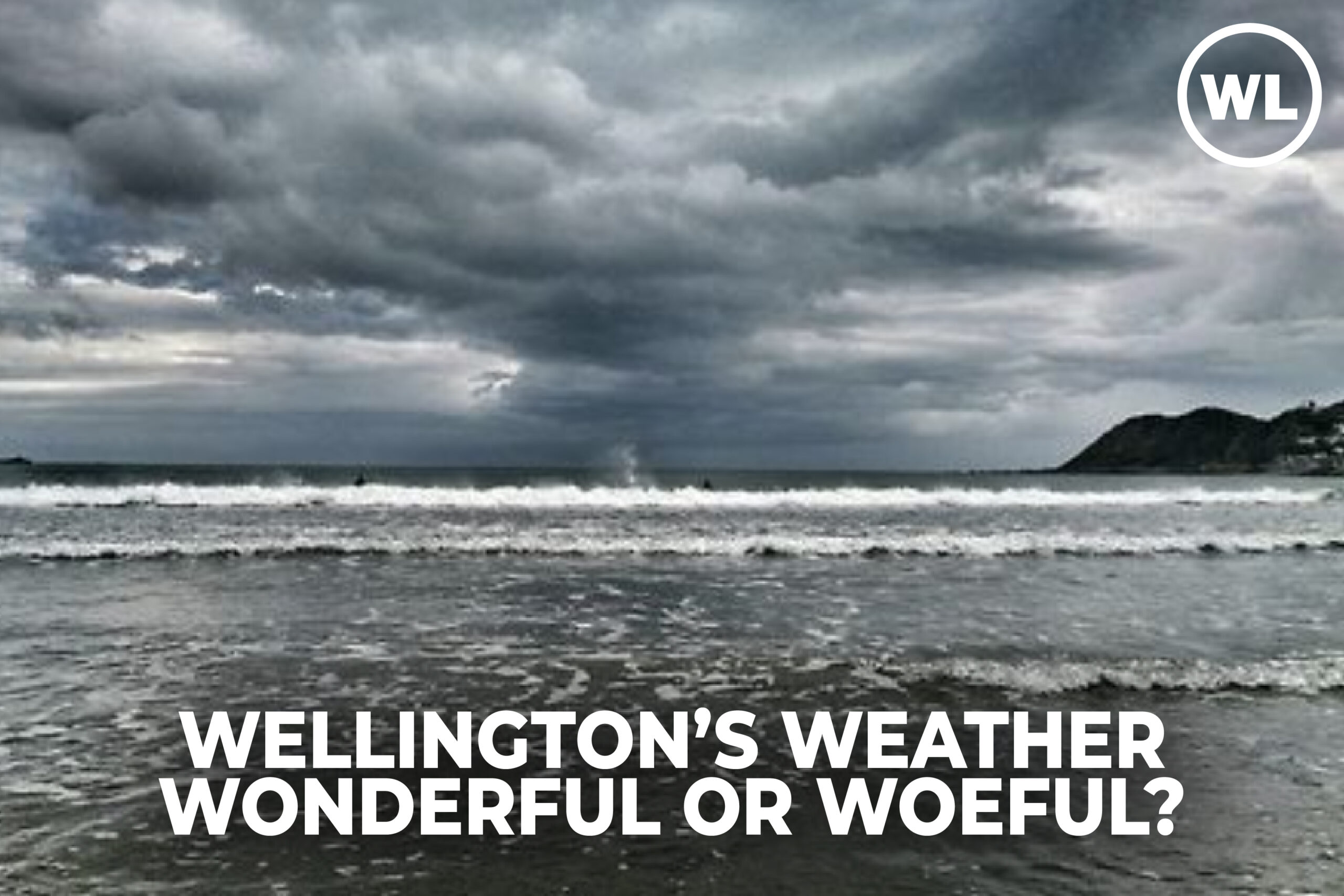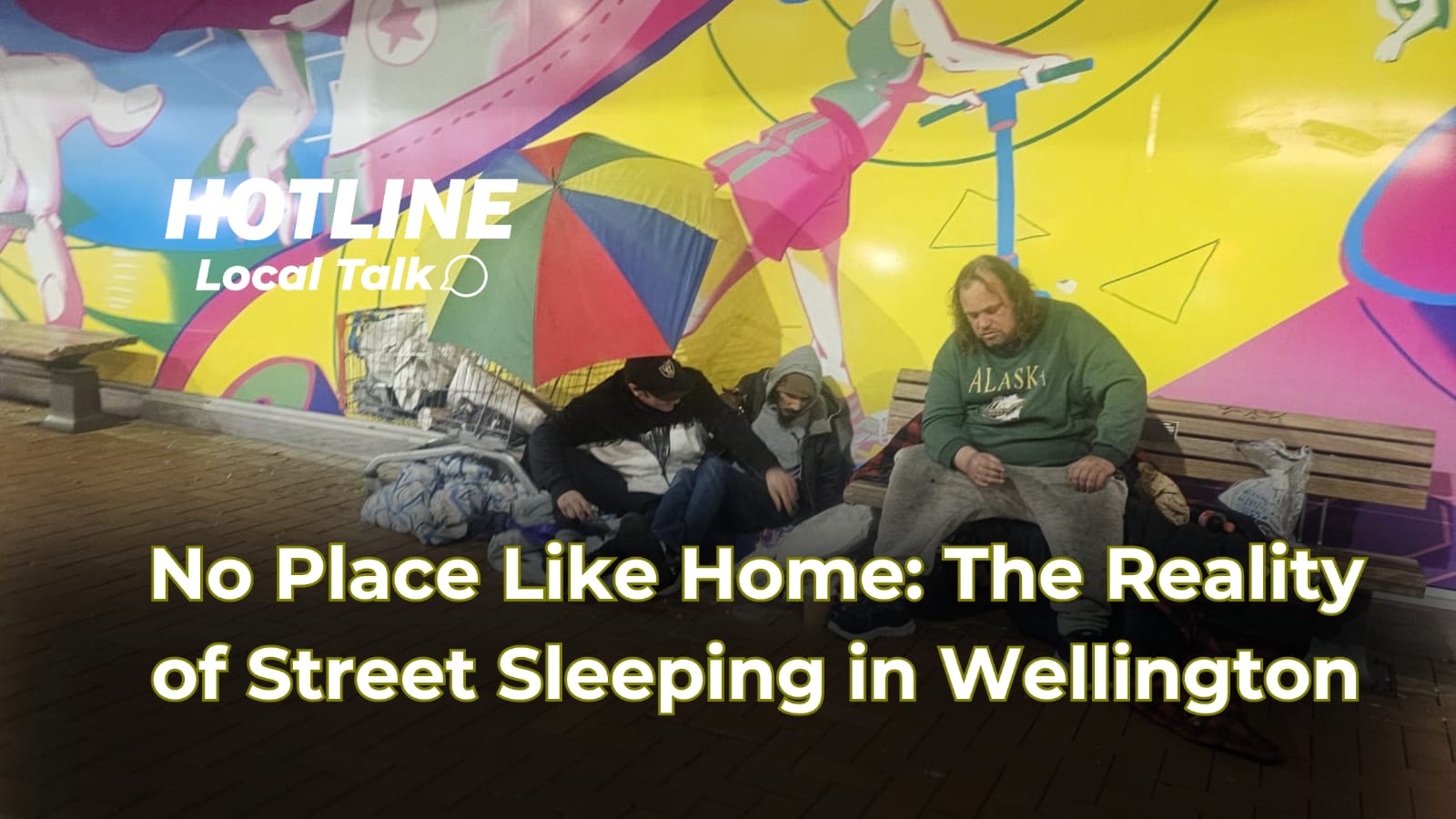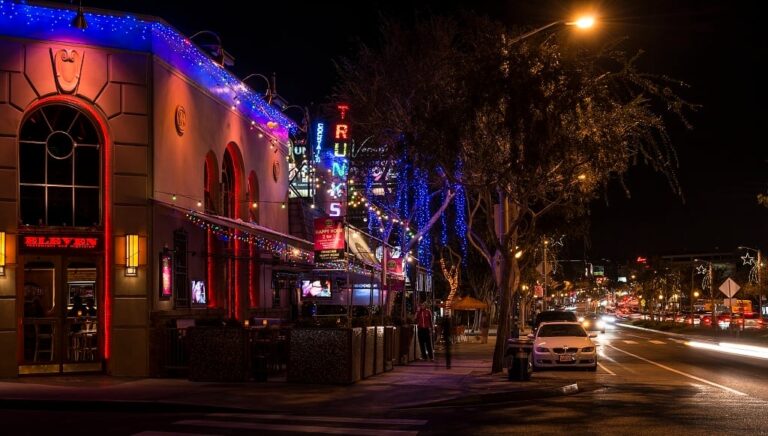Wellington’s nightlife faces significant challenges, particularly in Courtenay Place, where José Ubiaga is fighting strict liquor licensing laws and other issues affecting the city’s vibrant late-night economy has long been central to its vibrant culture. Courtenay Place, in particular, serves as a key hub for its nightlife. José Ubiaga, a prominent figure in this scene, owns several bars in the area. He has faced significant challenges with the city’s liquor licensing regime. Ubiaga has spoken out about the overly strict and unpredictable nature of these laws. He believes the conditions imposed by local authorities, including the police and health agencies, make it difficult for bar owners to secure and renew licenses thus affecting the nightlife.
Recently, the police have been shifting the blame for Wellington’s social behavior onto bars and restaurants. Ubiaga argues they are being made scapegoats for broader societal issues. Wellington is currently in a rolling recession, with a noticeable absence of overseas students. Homelessness has increased, particularly from the Church St flats, and drug use is widespread. Consumers are preloading alcohol before heading out, leading to problems outside the bars. Despite these issues, the police are targeting Ubiaga. They are trying to cut his bar hours from 4 a.m. to 2 a.m. and even threatening to shut down his Residence bar in Courtenay Place.
A local lawyer suggests that the police are unfairly blaming local bars, including Ubiaga’s, for the social unrest. They question how many fights actually happen at places like Maccas on Manners St. This raises important questions: What will fill the void if these bars are forced to close? And who will the Wellington police target next after they’ve driven out the bars?

The Courtenay Live Campaign and Wellington's Nightlife
The ‘Courtenay Live’ campaign highlights Wellington nightlife challenges as bar owners seek a fairer licensing process. In response to these challenges, Ubiaga and other bar owners formed the “Courtenay Live” campaign. This initiative seeks to reform the licensing process to be fairer and more balanced. Ubiaga and his peers believe the current system is too punitive. They argue it fails to recognize the economic and social benefits of well-managed bars. They believe opposition from local authorities often stems from minor or unfounded concerns. This not only impedes their businesses but also detracts from Wellington’s overall nightlife experience.
Understanding Wellington Nightlife Challenges
Wellington’s nightlife faces significant challenges, particularly in Courtenay Place, where José Ubiaga is fighting strict liquor licensing laws and other issues affecting the city’s vibrant late-night economy. Wellington’s nightlife, once celebrated, now faces significant challenges. The “golden mile” along Lankton Quay struggles to maintain its former vibrancy. Despite this, there is optimism about the success of other bars like Dakota and the Residence.
Economic Downturn and City Council Challenges
José Ubiaga’s experience reflects broader Wellington nightlife challenges exacerbated by economic downturn and police tactics.Ubiaga attributes some of the difficulties faced by bars to a broader economic downturn. Wellington has been significantly impacted. While the City Council shares some responsibility, Ubiaga emphasizes the economic climate is the primary issue. Staff cuts have worsened the situation. He advocates for a more proactive role from the City Council in supporting the nightlife sector. Ubiaga suggests Wellington could realize its potential as a leading party destination with more favorable policies.
Bar Regulations Amid Wellington Nightlife Challenges
A significant point of discussion is Wellington’s restrictive bar regulations. Although bars are allowed to stay open until 4 a.m., Ubiaga criticizes the police for targeting bars and enforcing earlier closing times. He recalls a time when bars had more flexibility in their operating hours. Ubiaga advocates for a return to those days. He envisions a thriving late-night economy where bars operate with fewer restrictions, ensuring both safety and vibrancy.
The Role of the City Council
Ubiaga’s frustration extends to the City Council’s role in supporting the late-night economy. He believes the council could enhance the sector by simplifying the licensing process. Avoiding substantial cost increases would also help. Ubiaga envisions a future where Wellington boasts the number one party street in New Zealand. He believes the council can provide essential support without needing direct financial investment.
Looking Ahead
As Wellington navigates these challenges, the ongoing tension between public safety and supporting local businesses is clear. Ubiaga’s advocacy highlights the need for a balanced approach to nightlife regulation. With appropriate support and policy adjustments, Wellington could revitalize its late-night economy and reclaim its status as a vibrant party destination. Collaboration between bar owners and policymakers will be crucial in overcoming current hurdles and fostering a thriving, safe, and enjoyable nightlife for all.
TRUTH SEEKER
Instantly run a Quiz with friends... about the article. Interact more & analise the story. Dig in, catch out biased opinions, and "fact check" with TRUTH SEEKER by ONENETWORK WELLINGTONLIVE 👋
Do you agree with the main argument of this article?
Total votes: 0
Who is a prominent figure in Wellington's nightlife scene mentioned in the article?
Bias Analysis
Fact Check Summary
True
Source: Article
True
Source: Article








